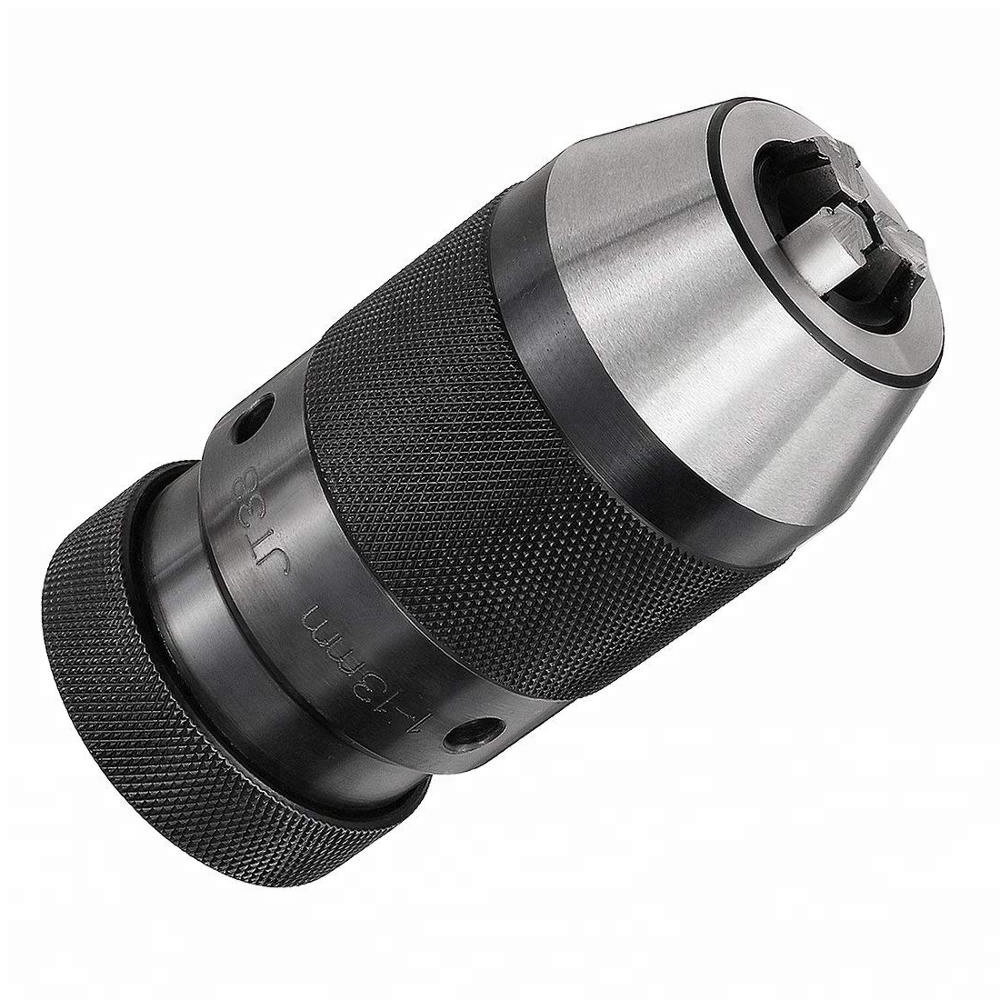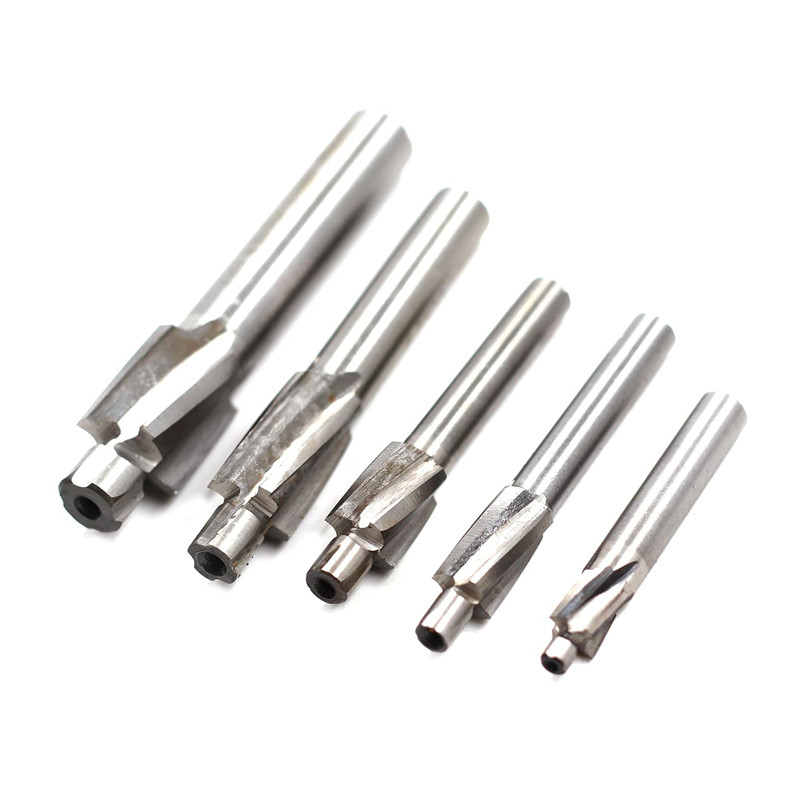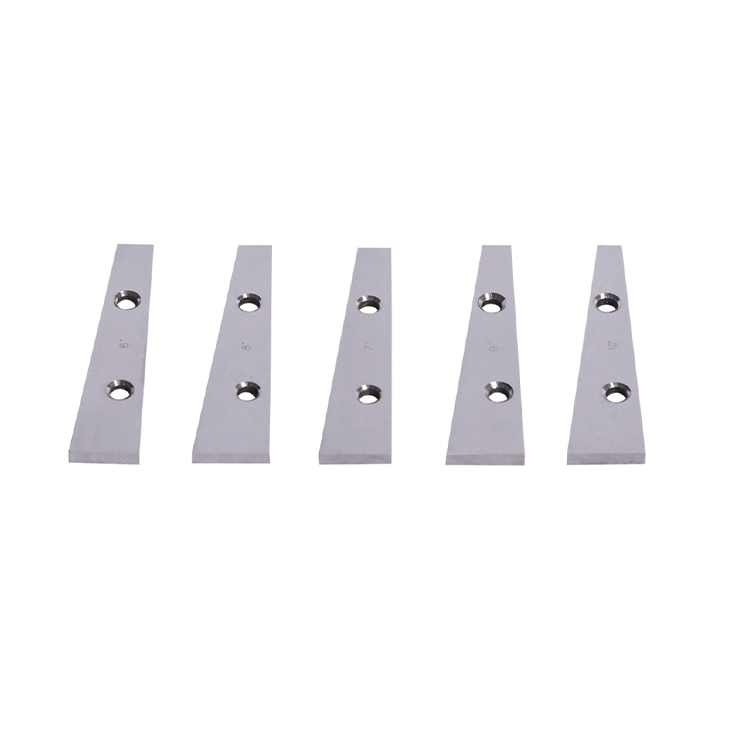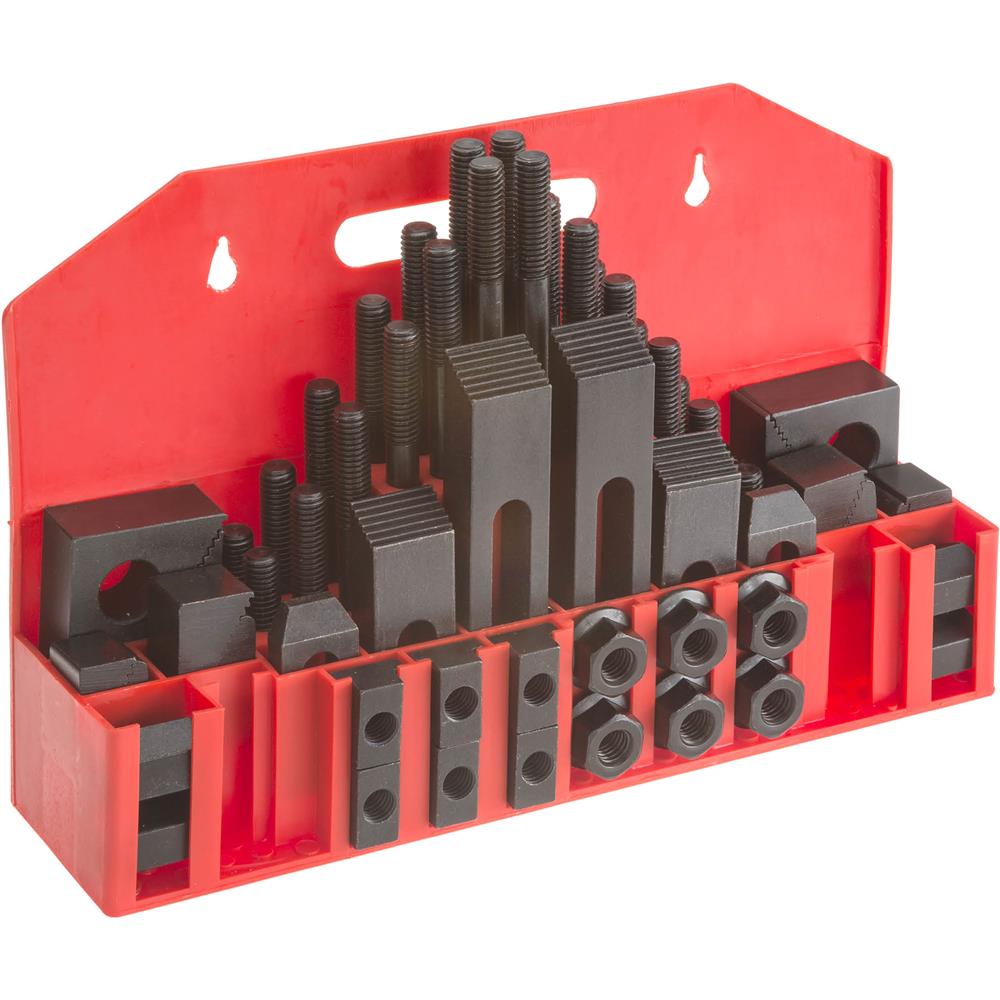lathe tools Manufacturers
Finding reliable lathe tools manufacturers can be challenging. This guide provides a detailed overview of selecting the right manufacturer, understanding different types of lathe tools, and factors to consider for optimal performance. It covers materials, coatings, and sourcing tips for finding the best suppliers to meet your machining needs.
Understanding Lathe Tools
Lathe tools are essential for shaping materials in a lathe, a machine tool used for turning, facing, knurling, drilling, and threading. Selecting the right lathe tools is crucial for achieving precision, efficiency, and quality in your machining operations. The choice depends on the material being worked on, the specific task, and the desired finish. This guide, brought to you by Wayleading Tools, experts in precision cutting solutions, will help you navigate the world of lathe tools.
Types of Lathe Tools
Various lathe tools are designed for specific operations. Here's an overview of some common types:
- Turning Tools: Used for reducing the diameter of a workpiece.
- Facing Tools: Used for creating a flat surface on the end of a workpiece.
- Boring Tools: Used for enlarging an existing hole.
- Threading Tools: Used for cutting threads on a workpiece.
- Parting Tools: Used for cutting off a workpiece.
- Knurling Tools: Used for creating a patterned surface for grip.
Materials Used in Lathe Tools
The material of a lathe tool significantly impacts its performance and lifespan. Common materials include:
- High-Speed Steel (HSS): Relatively inexpensive and versatile, suitable for general-purpose machining. HSS tools can be re-sharpened easily.
- Carbide: Harder and more wear-resistant than HSS, ideal for machining harder materials at higher speeds. Carbide tools can withstand higher temperatures.
- Ceramic: Extremely hard and heat-resistant, suitable for high-speed machining of hardened materials.
- Diamond: The hardest material, used for machining extremely hard or abrasive materials, providing excellent surface finishes.
Choosing the Right Lathe Tools Manufacturer
Selecting the right lathe tools manufacturer is vital for ensuring quality, reliability, and performance. Consider the following factors when making your decision:
Experience and Reputation
Look for manufacturers with a proven track record and a strong reputation in the industry. Read reviews, check testimonials, and ask for references to gauge their reliability and customer satisfaction.
Product Quality and Precision
The quality of lathe tools directly impacts the precision and efficiency of machining operations. Ensure the manufacturer adheres to strict quality control standards and uses high-quality materials. Request samples or conduct on-site inspections to assess the quality of their products.
Range of Products
Choose a manufacturer that offers a wide range of lathe tools to meet your specific needs. A comprehensive product line allows you to source all your tooling requirements from a single supplier, simplifying procurement and ensuring compatibility. Wayleading Tools prides itself on offering a wide variety of tooling solutions. You can browse our range on www.wayleading.com.
Customization Options
If you have unique machining requirements, consider a manufacturer that offers customization options. Custom lathe tools can be tailored to your specific applications, optimizing performance and efficiency.
Pricing and Lead Times
Compare pricing and lead times from different manufacturers to find the best balance between cost and delivery speed. Consider the total cost of ownership, including shipping, handling, and potential downtime due to delays.
Technical Support and Customer Service
Choose a manufacturer that provides excellent technical support and customer service. A responsive and knowledgeable support team can assist with product selection, troubleshooting, and application advice.
Top Lathe Tool Materials and Their Applications
High-Speed Steel (HSS) Lathe Tools
HSS lathe tools are a versatile and cost-effective option for a wide range of machining applications. They are particularly well-suited for low to medium volume production and for use on older lathes that may not have the rigidity required for carbide tools.
- Advantages: Lower cost, easier to sharpen, good toughness.
- Disadvantages: Lower hardness and wear resistance compared to carbide.
- Applications: General purpose machining, tool making, hobbyist use.
Carbide Lathe Tools
Carbide lathe tools offer superior hardness and wear resistance compared to HSS, making them ideal for machining harder materials at higher speeds. They are available in various grades and coatings to suit different applications.
- Advantages: High hardness and wear resistance, can operate at higher speeds, longer tool life.
- Disadvantages: Higher cost, more brittle than HSS.
- Applications: High volume production, machining hard materials, CNC machining.
Ceramic Lathe Tools
Ceramic lathe tools are extremely hard and heat resistant, allowing for very high cutting speeds. They are typically used for machining hardened steels and cast iron.
- Advantages: Very high cutting speeds, excellent wear resistance at high temperatures.
- Disadvantages: Brittle, high cost.
- Applications: Machining hardened steels and cast iron at high speeds.
Diamond Lathe Tools
Diamond lathe tools are the hardest cutting tools available and are used for machining extremely hard or abrasive materials such as ceramics, composites, and non-ferrous metals. They produce excellent surface finishes.
- Advantages: Exceptional hardness and wear resistance, produces excellent surface finishes.
- Disadvantages: Very high cost, brittle.
- Applications: Machining ceramics, composites, and non-ferrous metals, precision finishing.
Coatings for Lathe Tools
Coatings enhance the performance and lifespan of lathe tools by reducing friction, increasing wear resistance, and improving heat dissipation. Common coatings include:
- Titanium Nitride (TiN): A general-purpose coating that improves wear resistance and tool life.
- Titanium Carbonitride (TiCN): Offers higher hardness and wear resistance than TiN, suitable for machining abrasive materials.
- Aluminum Titanium Nitride (AlTiN): Provides excellent heat resistance and is ideal for high-speed machining of hard materials.
- Diamond-Like Carbon (DLC): Reduces friction and improves surface finish, suitable for machining non-ferrous metals.
Sourcing Lathe Tools: Tips and Best Practices
Finding the right lathe tools at the right price requires careful planning and research. Here are some tips and best practices for sourcing lathe tools:
Research and Compare Manufacturers
Conduct thorough research to identify reputable lathe tools manufacturers that meet your specific needs. Compare their product offerings, quality standards, pricing, and lead times.
Request Samples and Conduct Testing
Request samples from potential manufacturers and conduct testing to evaluate their performance and quality. This allows you to assess the suitability of the tools for your specific applications.
Negotiate Pricing and Terms
Negotiate pricing and payment terms with manufacturers to secure the best possible deal. Consider volume discounts, long-term contracts, and payment schedules.
Establish a Strong Relationship with Your Supplier
Building a strong relationship with your lathe tools manufacturer can lead to better pricing, improved service, and customized solutions. Communicate your needs and expectations clearly and maintain open lines of communication.
Lathe Tools: Maintenance and Care
Proper maintenance and care are essential for maximizing the lifespan and performance of your lathe tools. Following these best practices can help you keep your tools in optimal condition:
Regular Cleaning
Clean your lathe tools regularly to remove chips, coolant, and other contaminants. Use a soft brush or cloth and a mild cleaning solution.
Proper Storage
Store your lathe tools in a dry and protected environment to prevent corrosion and damage. Use tool holders or storage racks to keep them organized and easily accessible.
Sharpening and Reconditioning
Sharpen or recondition your lathe tools as needed to maintain their cutting edge. Use appropriate sharpening tools and techniques to avoid damaging the tool.
Inspection and Replacement
Inspect your lathe tools regularly for signs of wear, damage, or defects. Replace worn or damaged tools promptly to avoid compromising the quality of your machining operations. Wayleading Tools offers repair and reconditioning services.
| Material | Hardness | Wear Resistance | Cost | Applications |
|---|---|---|---|---|
| High-Speed Steel (HSS) | Moderate | Moderate | Low | General purpose machining, tool making |
| Carbide | High | High | Moderate to High | High volume production, machining hard materials |
| Ceramic | Very High | Very High | High | Machining hardened steels and cast iron at high speeds |
| Diamond | Extremely High | Extremely High | Very High | Machining ceramics, composites, and non-ferrous metals, precision finishing |
Conclusion
Choosing the right lathe tools manufacturer and selecting the appropriate lathe tools are critical for achieving success in your machining operations. By carefully considering the factors outlined in this guide, you can make informed decisions that optimize performance, improve efficiency, and reduce costs. Consider Wayleading Tools for all your precision cutting needs. Our experienced team is here to help.
Source: Material data based on general industry standards.
Related products
Related products
Best selling products
Best selling products-
 HSS Inch Screw Slotting Saws For Industrial With Bright Or TiN Coated
HSS Inch Screw Slotting Saws For Industrial With Bright Or TiN Coated -
 Vernier Height Gauge With Magnifier With Adjustable Main Bean
Vernier Height Gauge With Magnifier With Adjustable Main Bean -
 Keyless Drill Chuck With Heavy Duty Type
Keyless Drill Chuck With Heavy Duty Type -
 3 Flutes HSS Counterbore Drill Bit With Metric And Inch Size
3 Flutes HSS Counterbore Drill Bit With Metric And Inch Size -
 Auto Self Reversible Tapping Chuck In Drill Machine
Auto Self Reversible Tapping Chuck In Drill Machine -
 Precision 5pcs & 6pcs Angle Blocks Set With High Quality Type
Precision 5pcs & 6pcs Angle Blocks Set With High Quality Type -
 Outside Micrometer Set Of Inch & Metric With Rachet Stop
Outside Micrometer Set Of Inch & Metric With Rachet Stop -
 HSS Involute Spline Cutter With PA30
HSS Involute Spline Cutter With PA30 -
 58pcs Clamping Kit With Metric & Inch Size
58pcs Clamping Kit With Metric & Inch Size -
 Precision Vernier Caliper With Nib Style Jaws Of Metric & Imperial For Industrial
Precision Vernier Caliper With Nib Style Jaws Of Metric & Imperial For Industrial -
 HSS Annular Cutters With Weldon Shank For Metal Cutting
HSS Annular Cutters With Weldon Shank For Metal Cutting -
 Digital Indicator – Precision Type, Inch/Metric, Industrial Grade
Digital Indicator – Precision Type, Inch/Metric, Industrial Grade









